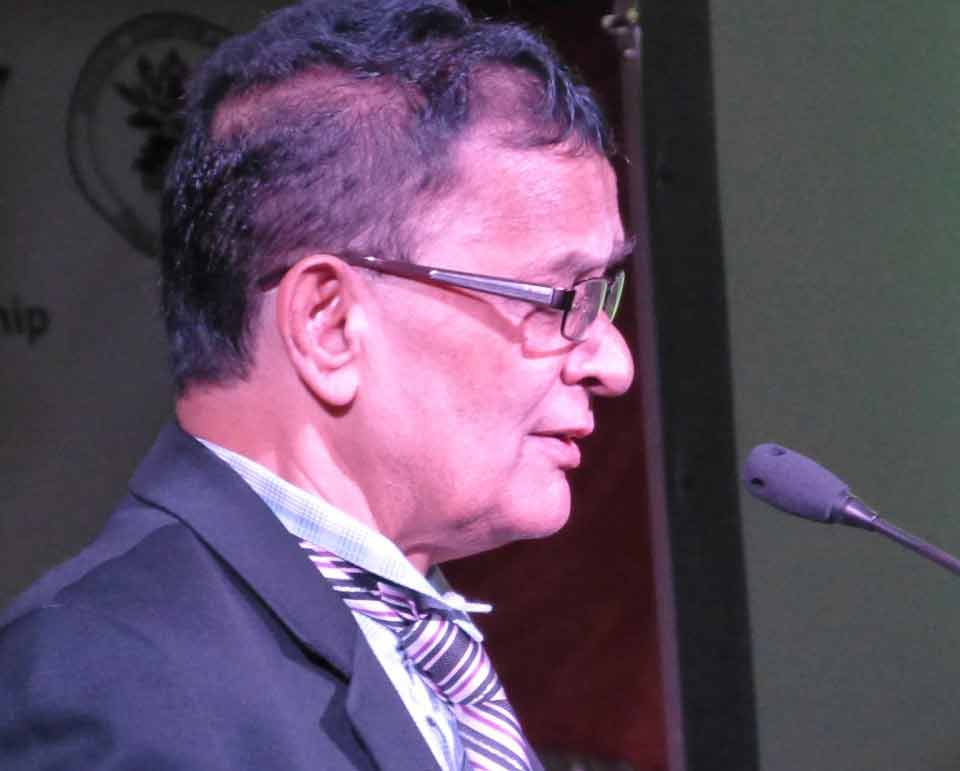The call for constitutional reform comes from both national and international sources such as local political parties, analysts, as well as international organizations like the European Union and the Carter Center.
Integral to this chorus is the concept of “shared governance.” Constitutional reform has gathered momentum because of the recent constitutional and political crisis into which the country was locked for months since the passage of the No-Confidence Motion in December 2018. But the five months that it took for the 2020 elections to be declared had struck the country like a hurricane measuring 7.5 on the Richter Scale.
There is a need to focus on a few questions that torment Guyanese. (1) Why did it take 5 months (on August 2nd) after the elections to declare a winner when the results were known since March 3rd? (2) Was it a case where the PNCR was using delaying tactics to change the results of the election in their favor? Well, they tried eleven days after elections day (March 13th) to declare fraudulent results to favor a PNCR victory. That effort was thwarted because of both national and international pressures.
Having failed then, why did they (PNCR) reluctantly agree to a recount and then refused to accept the recount results from the most “legitimate interlocutor,” CARICOM? Why did they make allegations about dead persons as well as emigrants voting? Why were those irregularities not identified during the national count on elections day (March 2nd) when all relevant documents were available to GECOM, political parties, and observers? Why did the PNCR wait until the recount process (months after) to raise these issues? What evidence were they able to produce about irregularities?
The general consensus among most Guyanese was that they (PNCR) wanted to remain in office as long as possible to (1) protect their position; (2) make an 11th-hour drive to plunder the state resources; (3) have enough time to safeguard their ill-gotten gains; (4) and to get rid of incriminating evidence.
The protracted delay in calling the 2020 elections results had nothing to do with PNCR-originated alleged irregularities. Instead, they (PNCR) have used these allegations and had taken up a belligerent stance, as a cover for their sinister motives, as stated above.
There are many people who believe that much of the problem that existed could have been avoided had there been a different constitution. At the same time, there has been little focus on existing constitutional compliance as well as on attitudinal transformation. Simply put, old habits are incompatible with new/innovative ideas appropriate for constitutional reform.
Notwithstanding, the call for constitutional reform is strong and one of its main components is shared governance, over which there has been many debates, articles, and letters. One of the main arguments is that almost 1/2 the population (represented by opposition parties) will not have a voice in Parliament and elsewhere. This is a theoretical assumption and is not necessarily true. In all democracies, generally, one party wins and the other loses. But this does not necessarily mean that the “losing” side(s) will not benefit from government programs and policies. Anyway, this is a debate for another occasion.
While I favor constitutional reform, I am still waiting for one of the advocates to provide a working model of shared governance. To say that shared governance is equated to executive power-sharing is wholly inadequate. There should be a model of shared governance. I still want answers to a number of nagging questions. (1) What evidence is there that shared governance is better than the winner takes all? (2) Will shared governance result in greater efficiency and provide a good life? (3) Would share governance allow for the political competition which is one of the foundations of democracy? (4) Who or which party will constitute the opposition? (5) How would accountability and transparency be achieved? There are other questions that I have listed elsewhere.
As to constitutional reform, one should consider whether or not we need constitutional reform or a new constitution. Either way Guyanese has to determine if they want shared governance to become integral to constitutional reform/change.
No system, whether new or old, would work effectively if there is no provision for compliance and sanctions for breaches. A necessary component of constitutional reform is the attitudinal change which could be fostered through education on the constitution.
